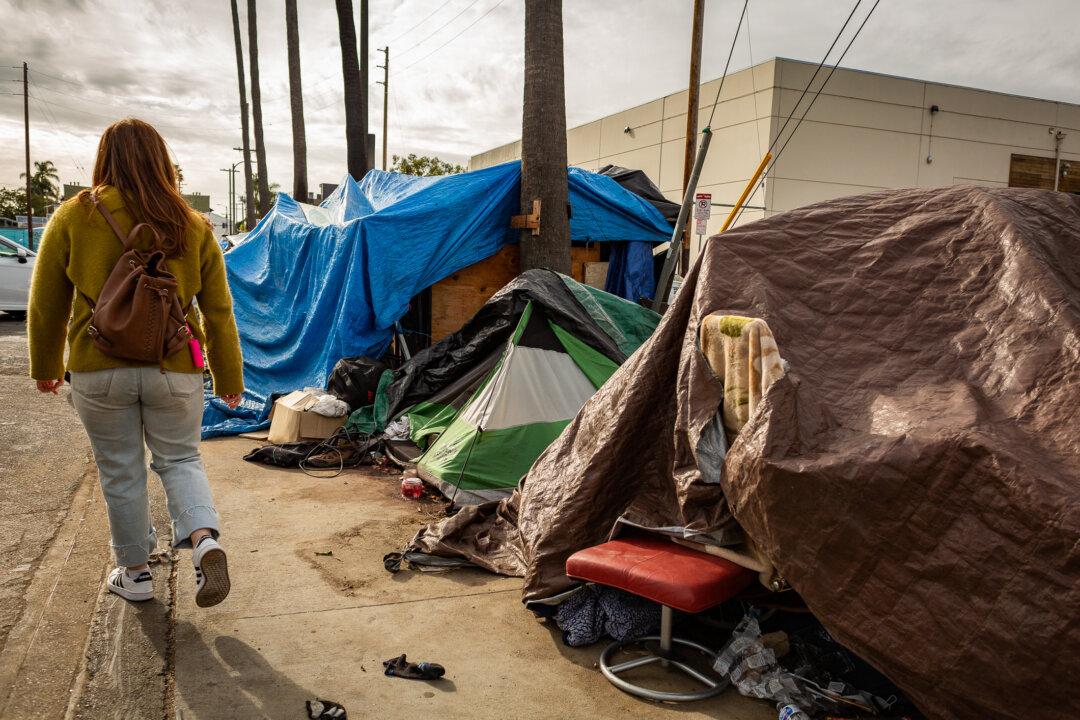Commentary
For the past three years, the Los Angeles County Board of Supervisors and District Attorney have worked together to prevent the Sheriff’s Department from enforcing anti-camping ordinances throughout Los Angeles County. As a result of this interference, the number of people living unhoused in the county has grown, the number of fires, crimes, and public health problems attributable to people living unhoused has grown, and public concern over the situation has grown.
